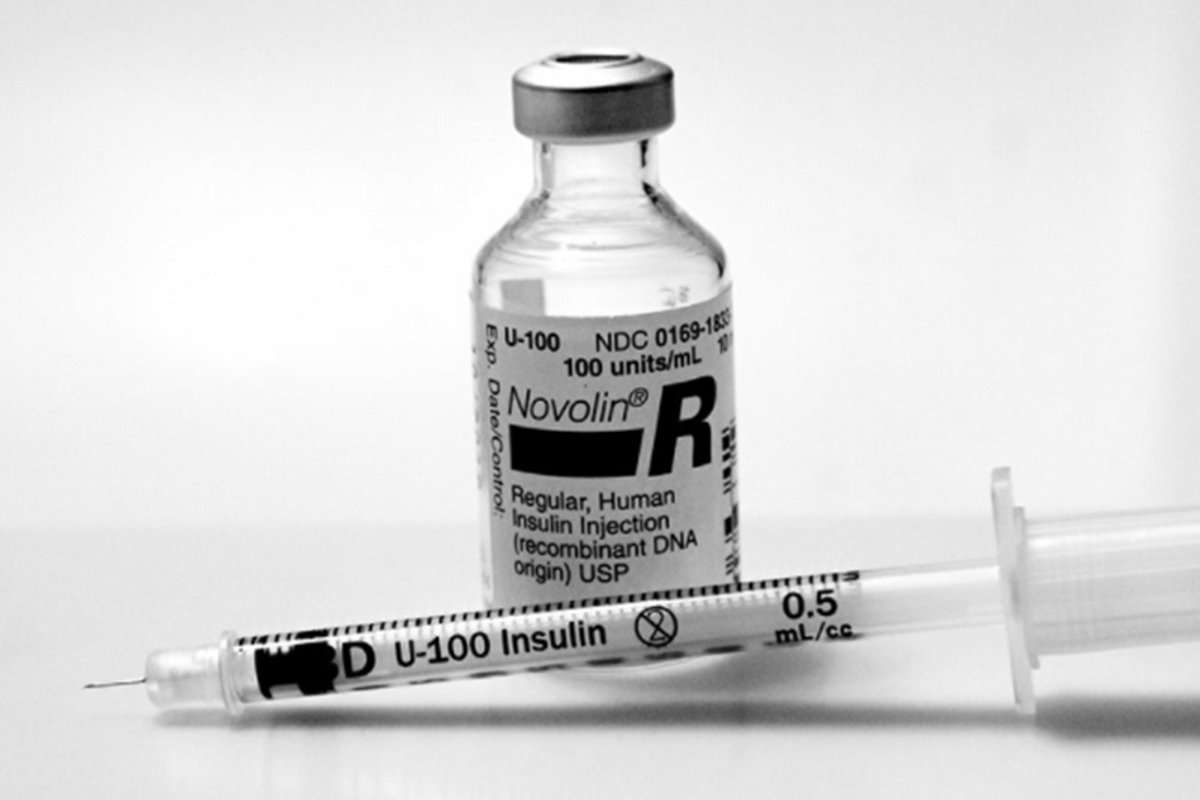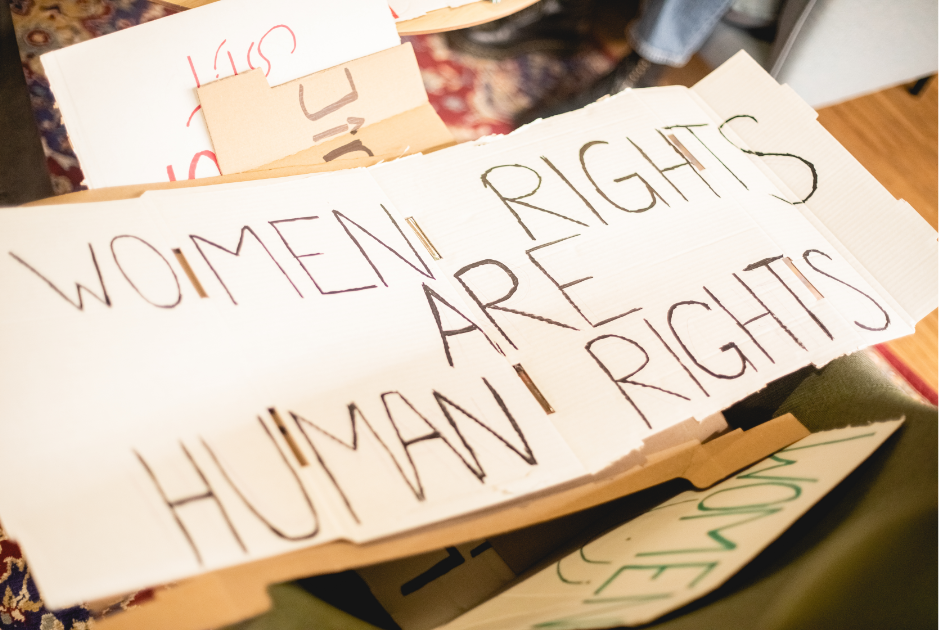Researchers say they've developed the first insulin that doesn't need to be refrigerated

Scientists in India have made a major medical breakthrough by producing the first "thermostable" variety of insulin that doesn't need to be refrigerated. The research was led by two scientists from the Bose Institute and the Indian Institute of Chemical Biology (IICB) and two others from the Indian Institute of Chemical Technology (IICT).
This development is fantastic news for diabetics because it will make it a lot easier for them to store this life-saving medication. The product labels from all three of America's insulin manufacturers state that insulin should be stored in a refrigerator at approximately 36°F to 46°F.
If the insulin gets too warm or too cold for an extended period of time, it begins to break down and become ineffective. When insulin has broken down, it doesn't show any signs of being ruined. But when it's injected by the user it can be ineffective at managing their blood sugar levels. This can lead to serious health problems.
This means that insulin users have to take extra caution when traveling, so they're sure their medication stays at the correct temperature. It can also be a major problem during natural disasters when refrigerators go out and insulin users can't keep the temperature of their medicine low enough.
The researchers claim this new version of insulin will be able to withstand temperatures up to 149 °F.

They created a thermostable version of the drug by introducing a matrix of four amino acid peptide molecules. These molecules prevent the solidification of the insulin molecules when not refrigerated.
"You will be able to keep it outside the refrigerator for as long as you want, something that will help diabetes patients across the world because carrying insulin along with them was considered impossible all this while," said Subhrangsu Chatterjee, a faculty member at Bose Institute.
"Though for the moment we are calling it 'insulock', we are in the process of appealing to the department of science and technology (DST) to name it after Acharya Jagadish Chandra Bose," he added.
The scientists hope that their research will lure investors to help them mass-produce the new medication.
Cost to manufacture 1 vial of insulin: Around $6\nCost of 1 vial of insulin for consumers:\n: $9\n: $11\n: $14\n: $7\n: $7\n: $12\n: $98\n\nThe American people should not be forced to pay the highest prices on the planet for prescription drugs.— Bernie Sanders (@Bernie Sanders) 1618587240
There's no telling when or if the new drug will be approved for safe use by the FDA and made available in America. But there's a compelling reason to bring it stateside. The researchers say that it will make the drug more affordable. In the U.S. that's big news because the price of insulin has been steadily increasing for the past 15 years.
A report in Health found that the price of Eli Lilly's Humalog insulin has increased 1,200% since it was first produced. In 1996, a one-month supply cost $21; by 2019 it had risen to $275. The ever-rising price of insulin in the United States is unprecedented given its cost throughout the rest of the developed world.
According to a 2020 study by RAND Health Care, the average gross manufacturer price for a standard unit of insulin in the United States in 2018 was more than 10 times the price of a unit in 32 foreign countries.
- Texas man was hospitalized with diabetes. 3 years later, he's a ... ›
- Millions struggle to meet inhumane costs of insulin in America with ... ›
- High insulin prices driving people to Canada - Upworthy ›
- 7 mindblowing medical breakthroughs that could occur in our lifetime - Upworthy ›





 What was I doing again?
What was I doing again? A space waitress at work.
A space waitress at work.  Waking Up Funeral GIF
Waking Up Funeral GIF Rihanna Nails GIF
Rihanna Nails GIF Yoga pants.Image via Canva.
Yoga pants.Image via Canva. Our natural lashes are nice just the way they are!
Our natural lashes are nice just the way they are! One step forward, many steps back. Image via Canva.
One step forward, many steps back. Image via Canva.  Homelessness is especially rampant on the West Coast.Image via Canva
Homelessness is especially rampant on the West Coast.Image via Canva